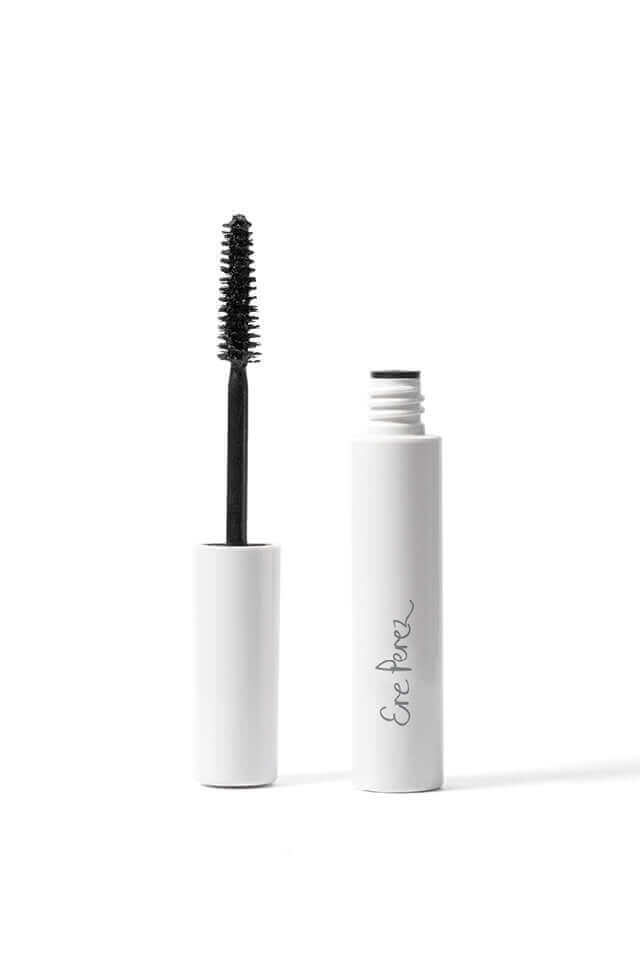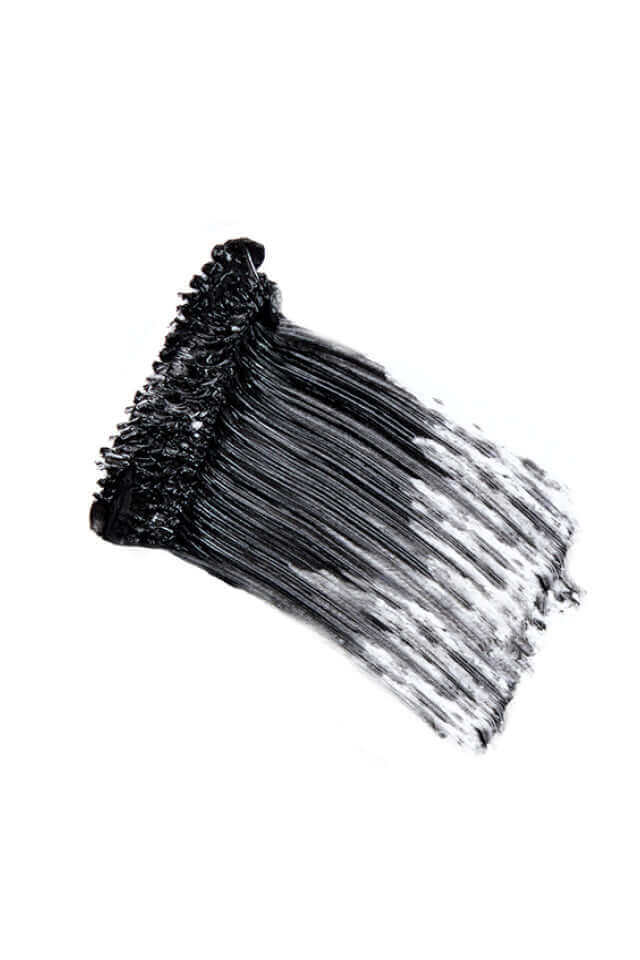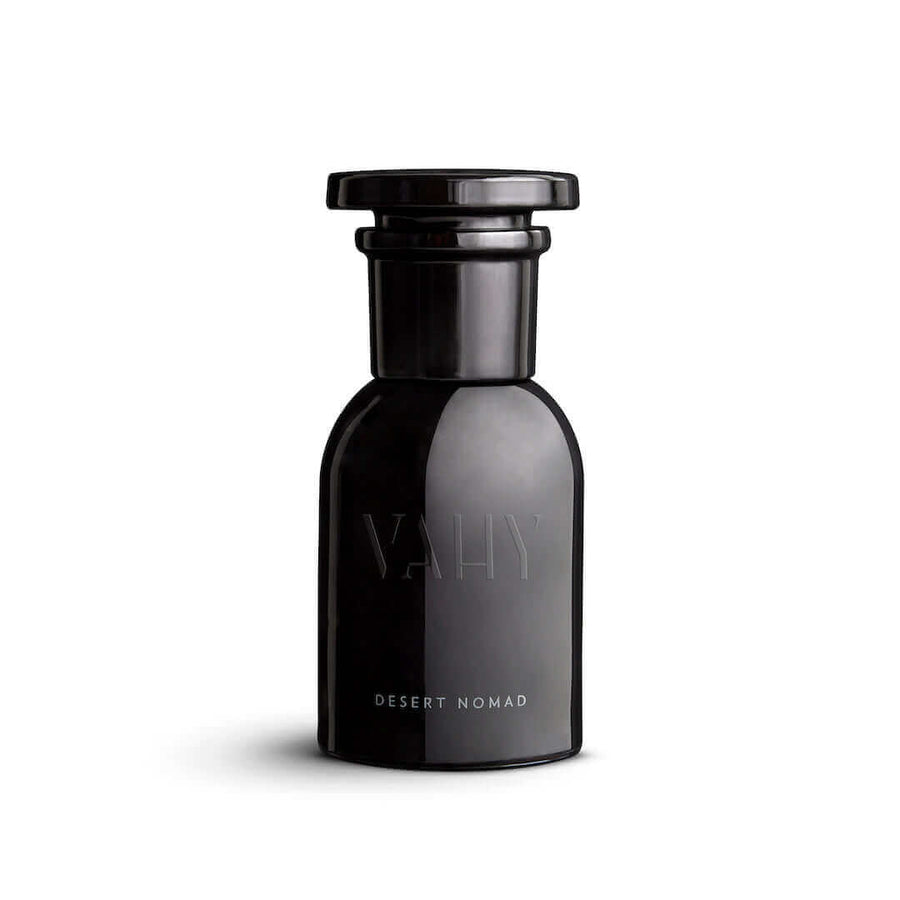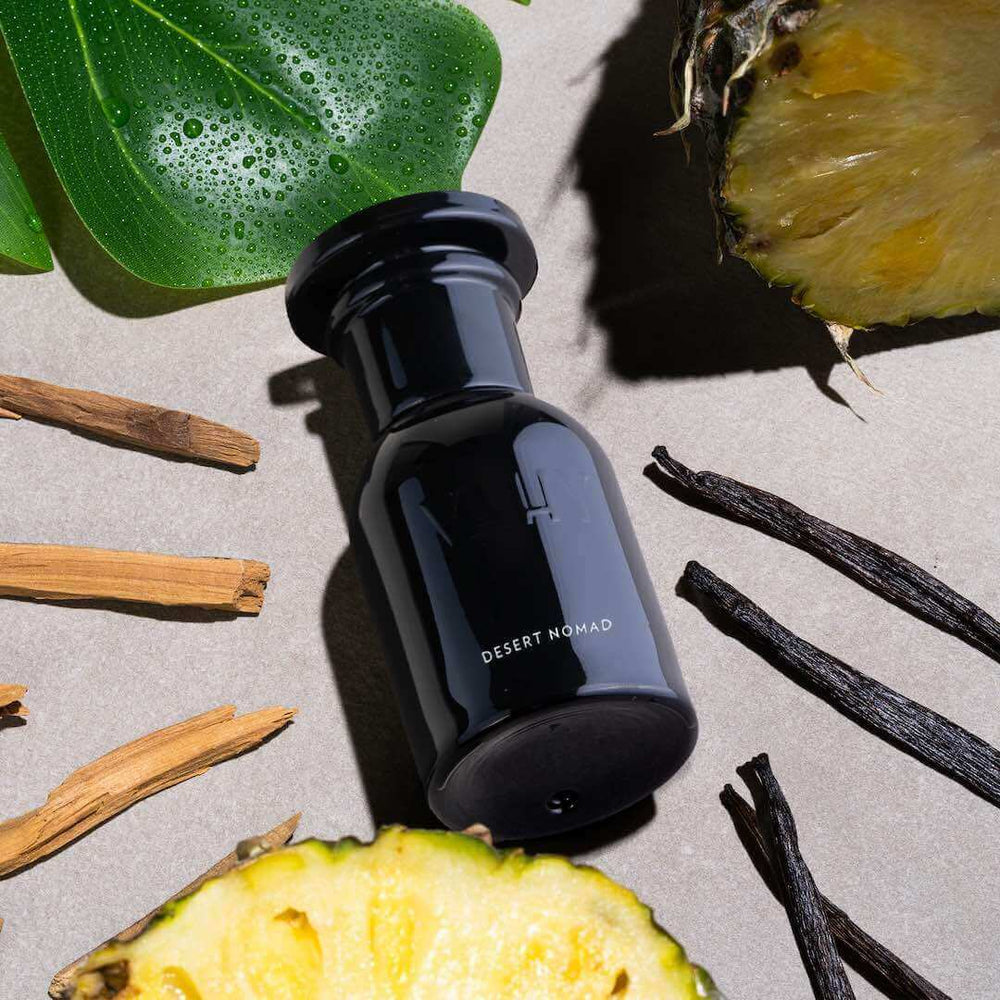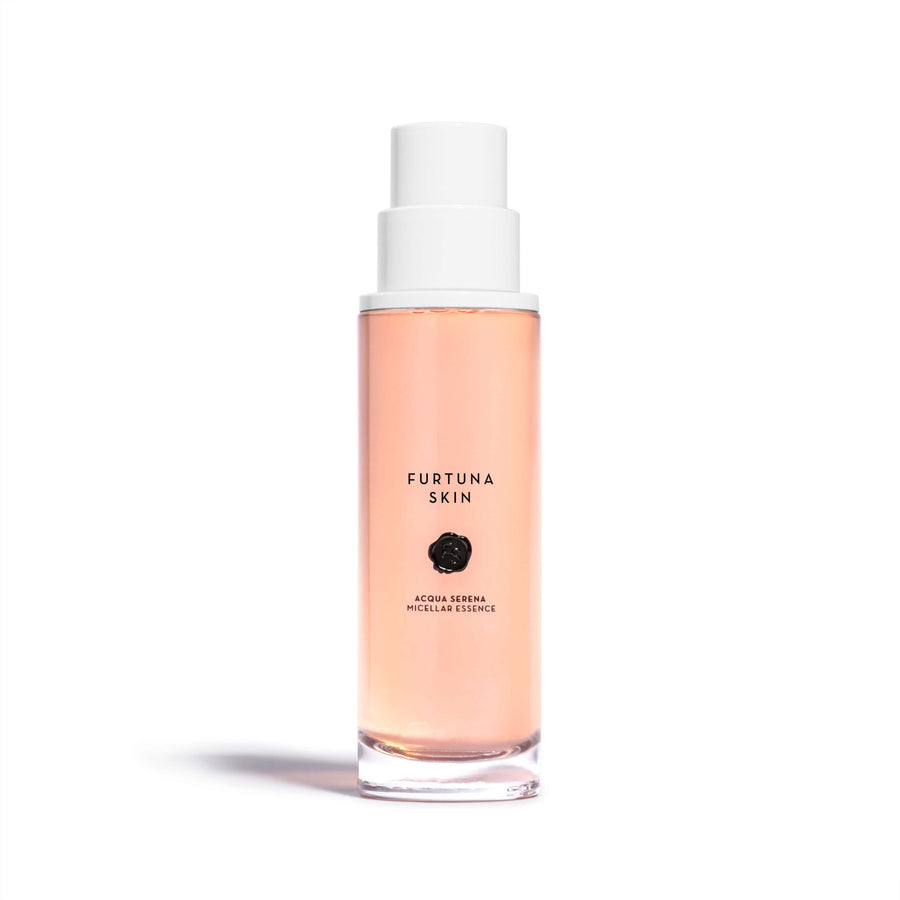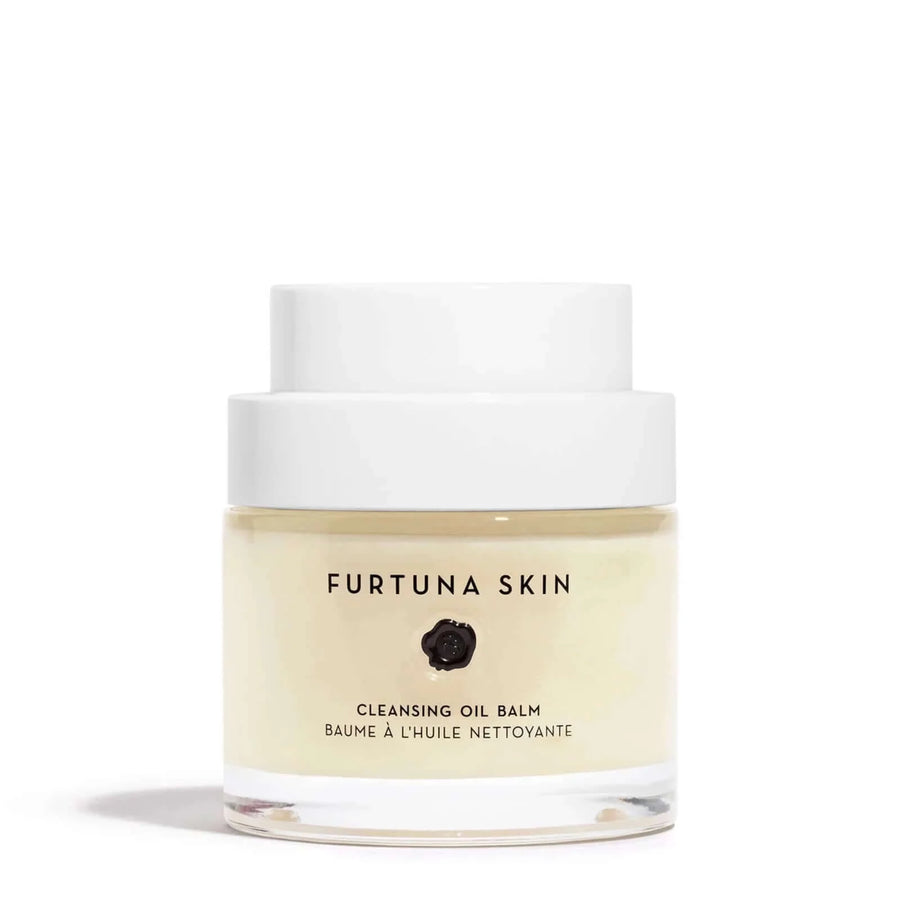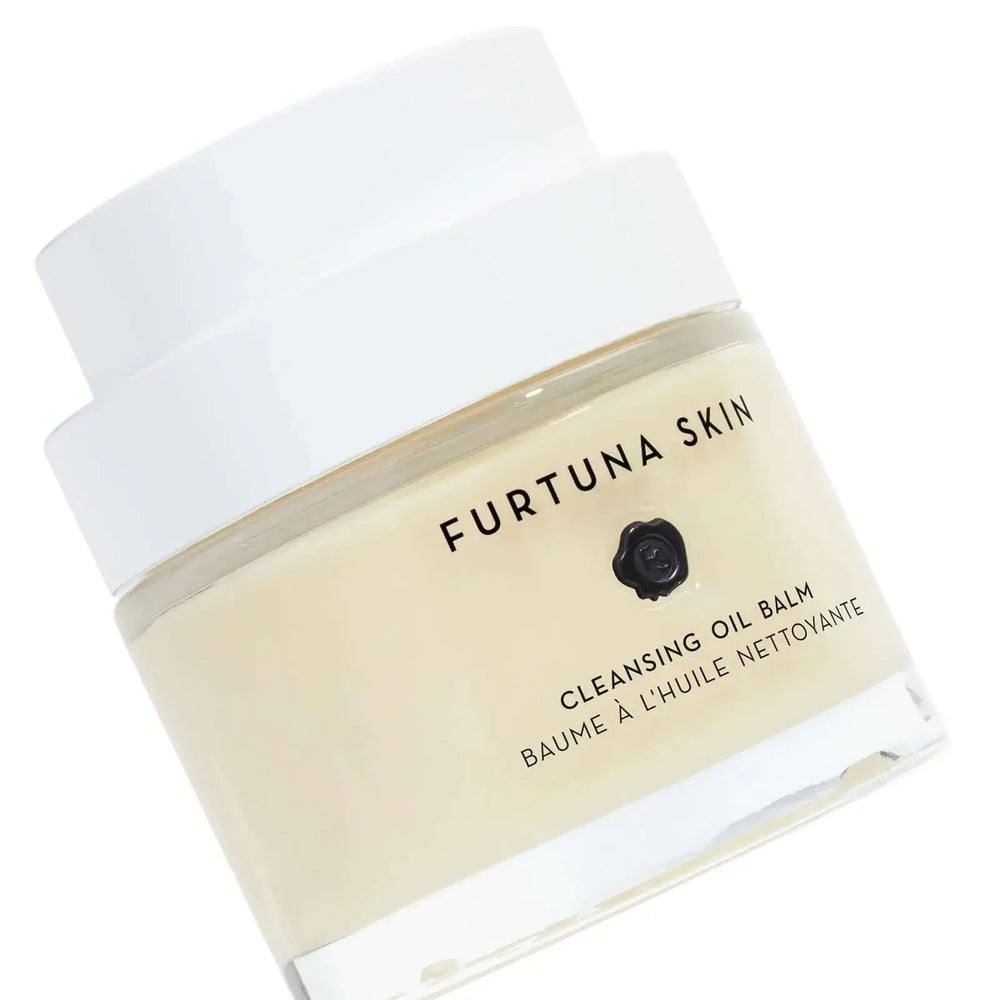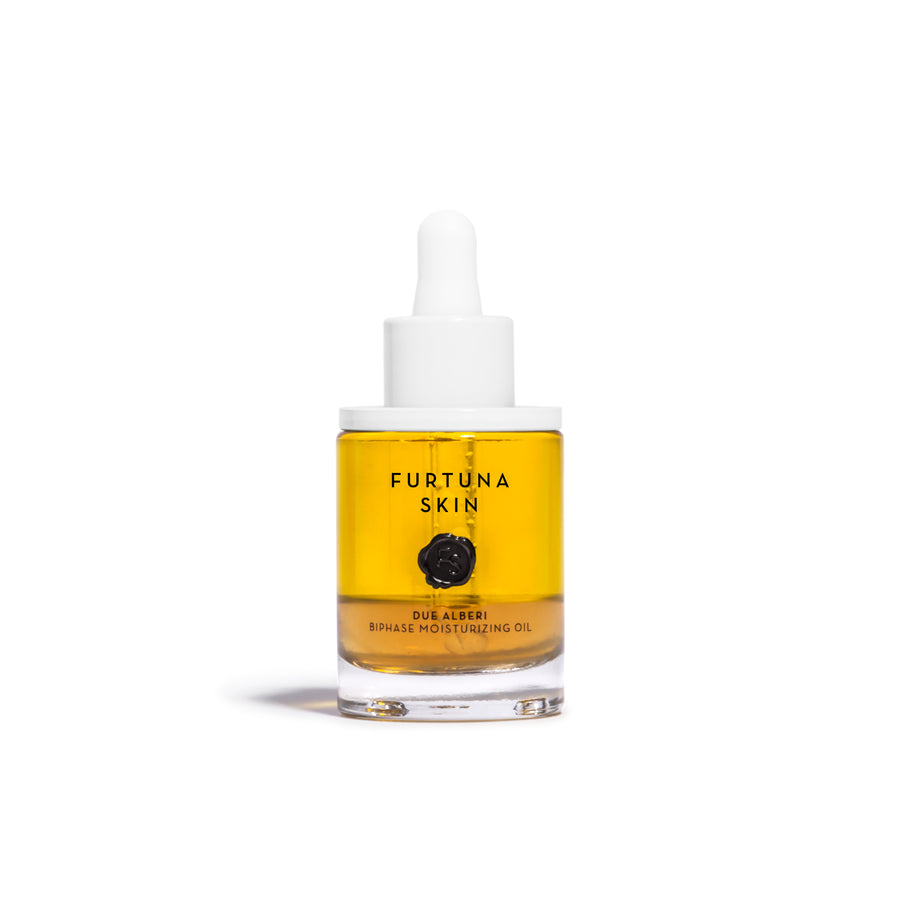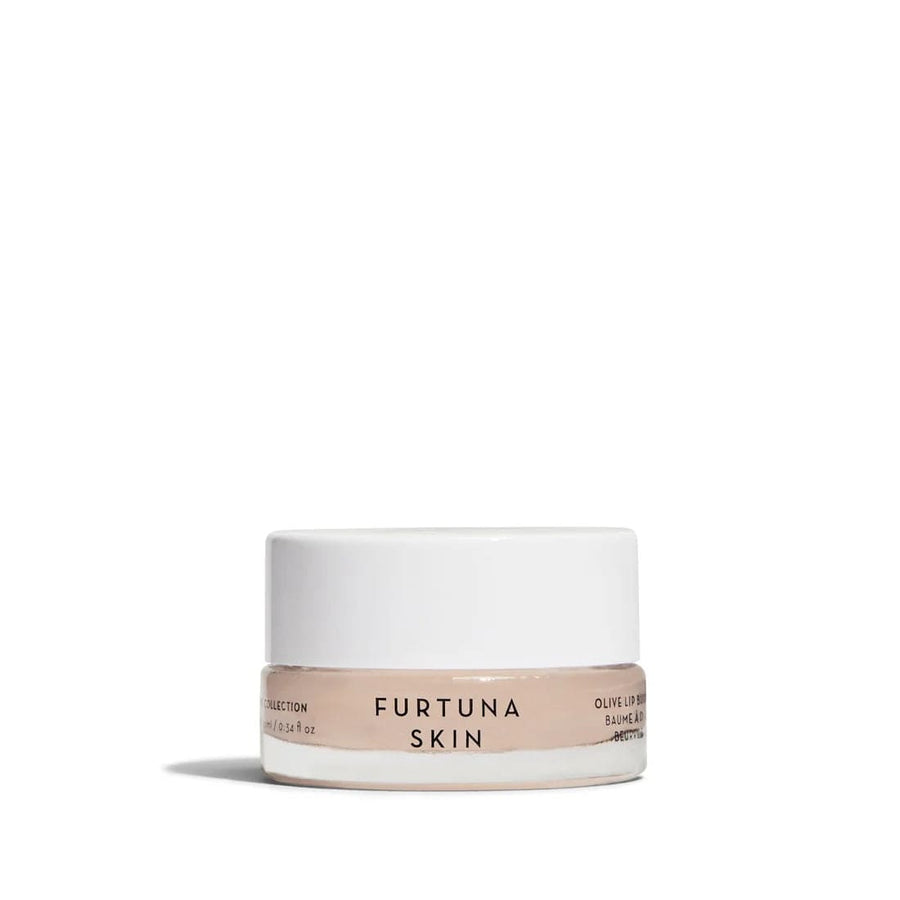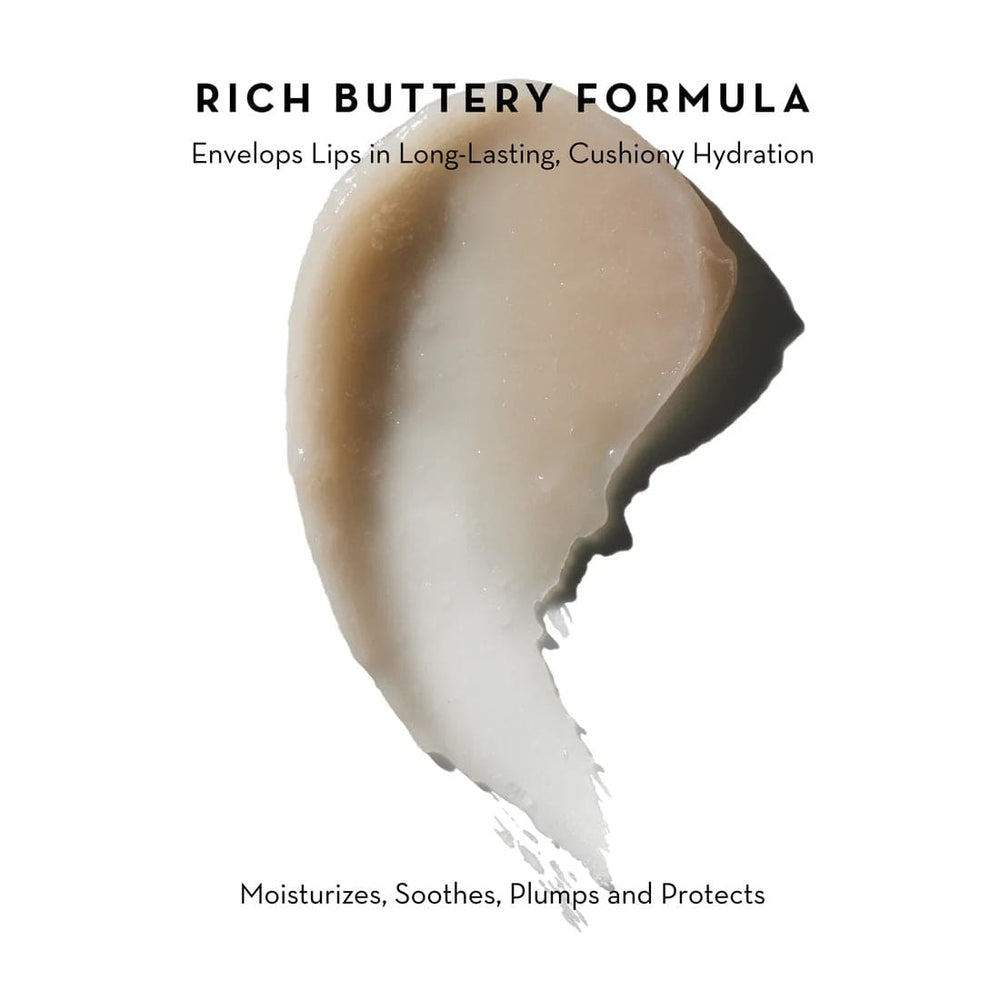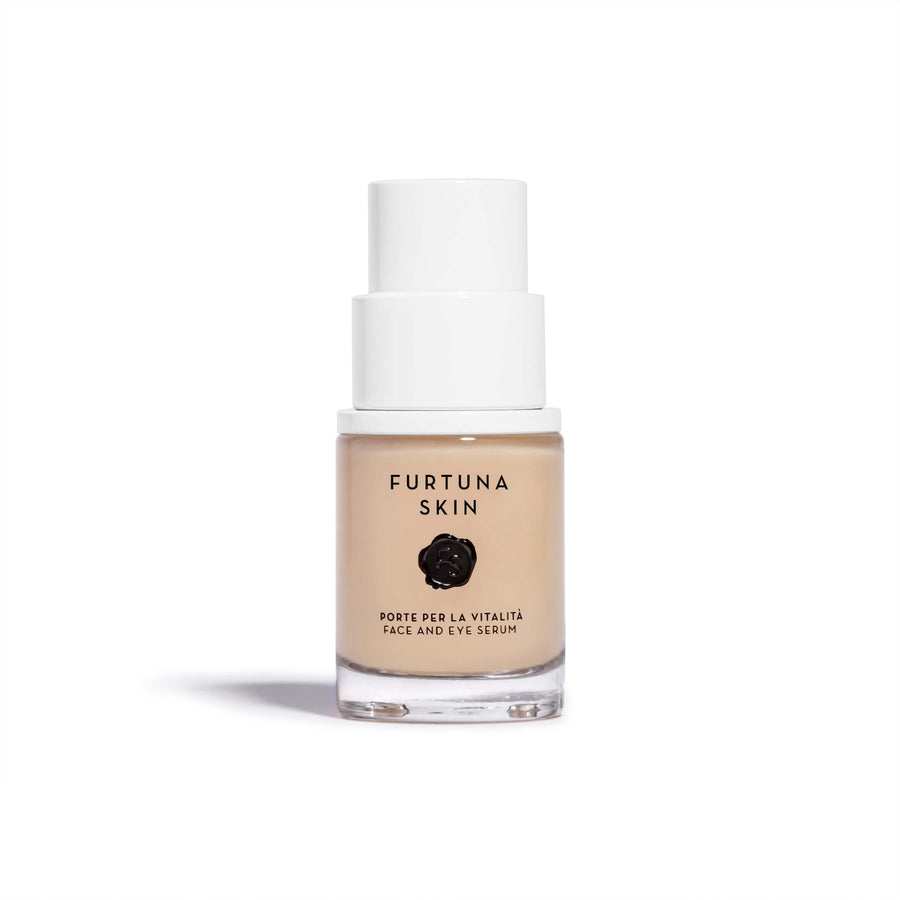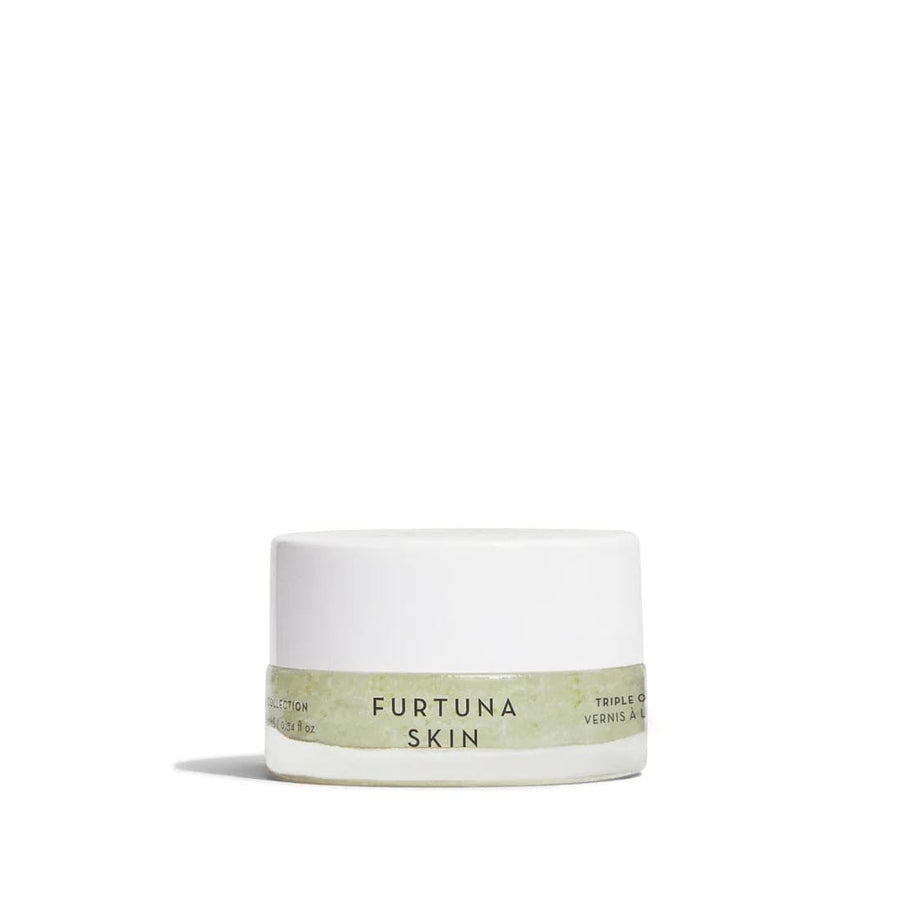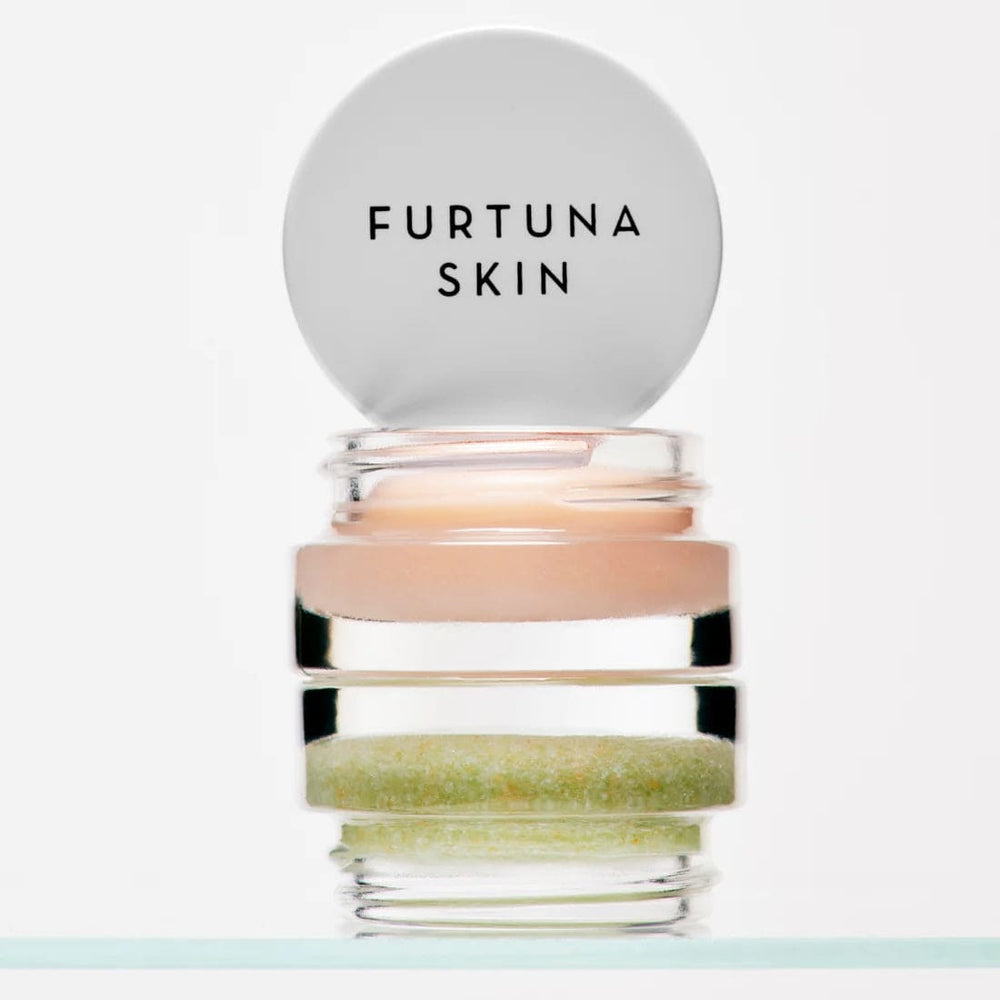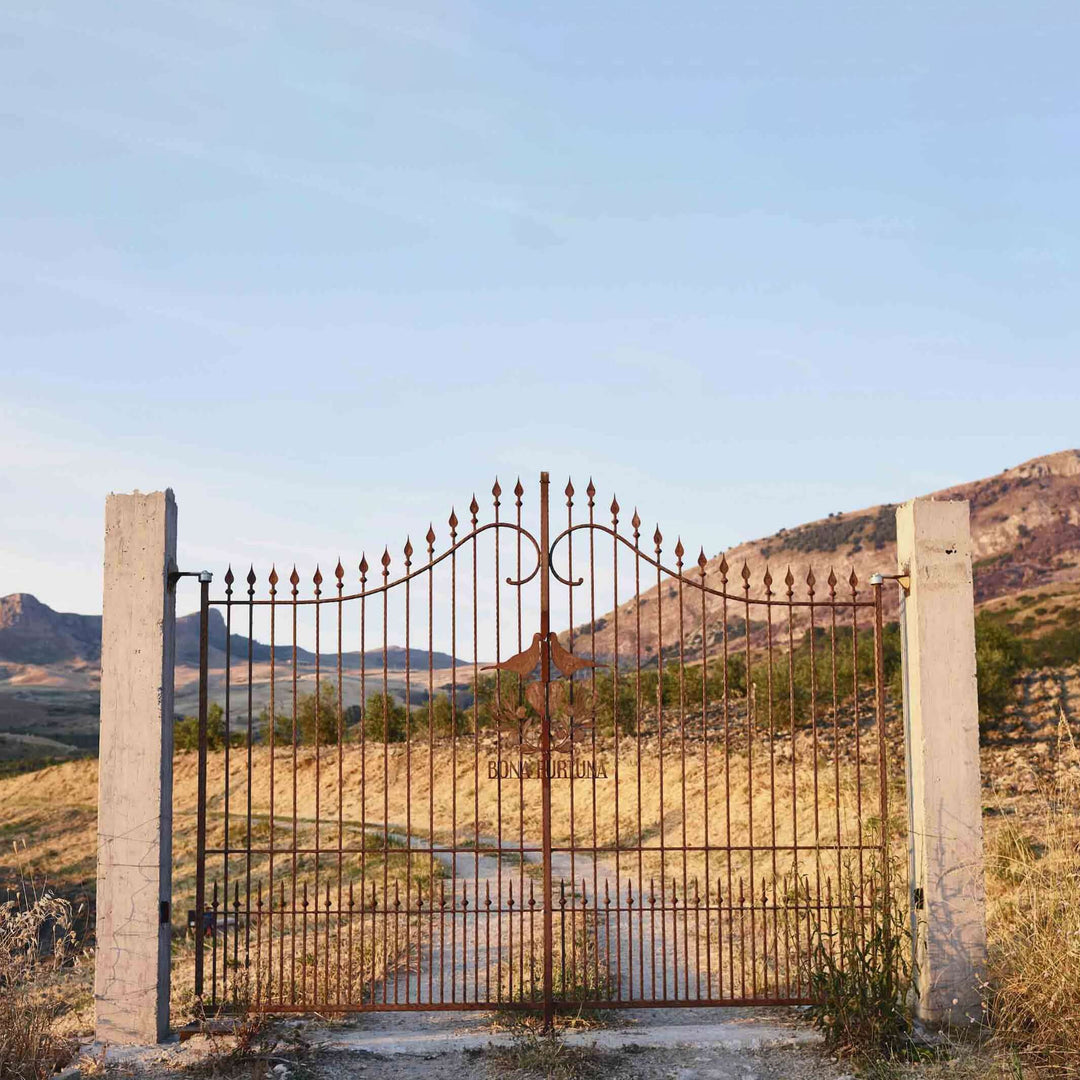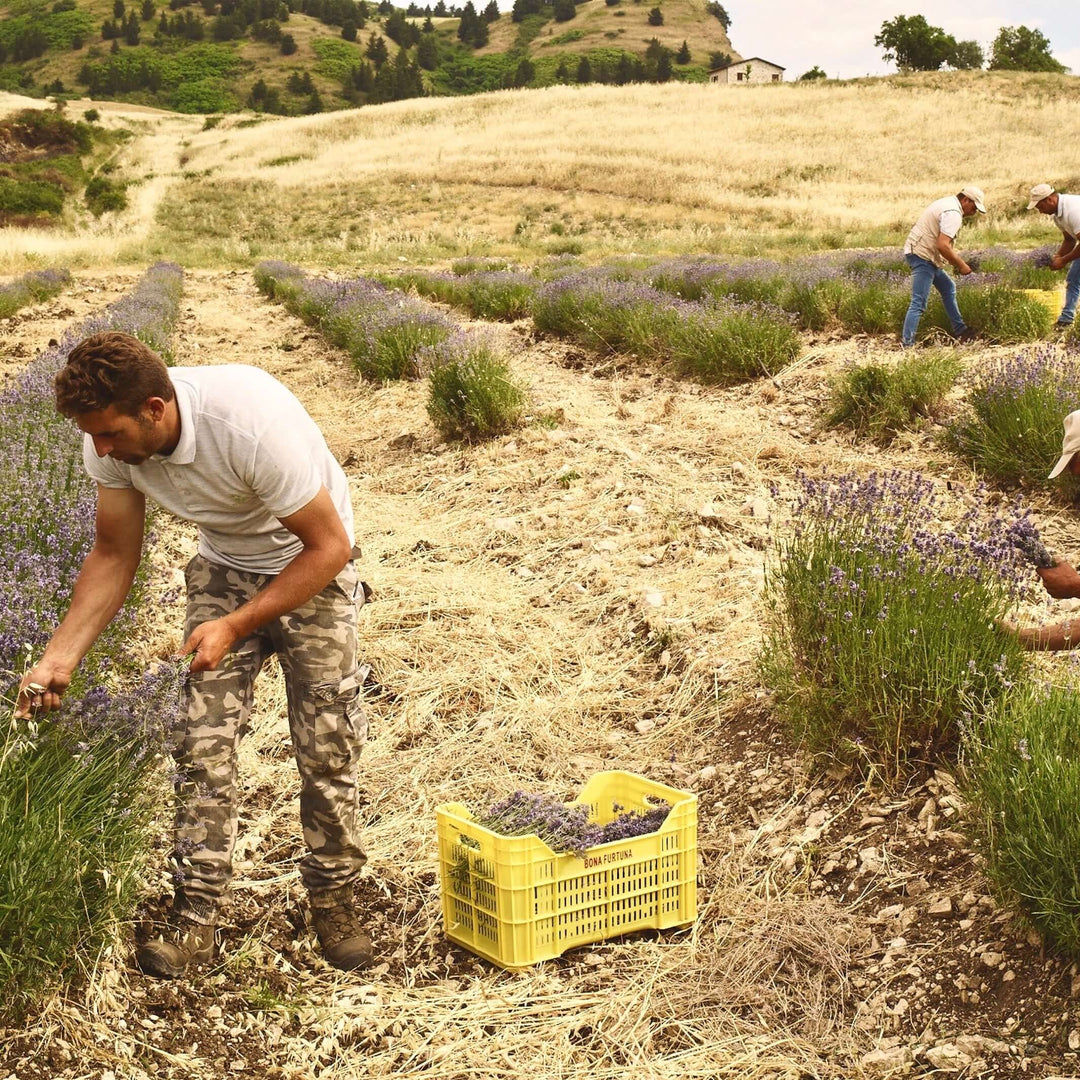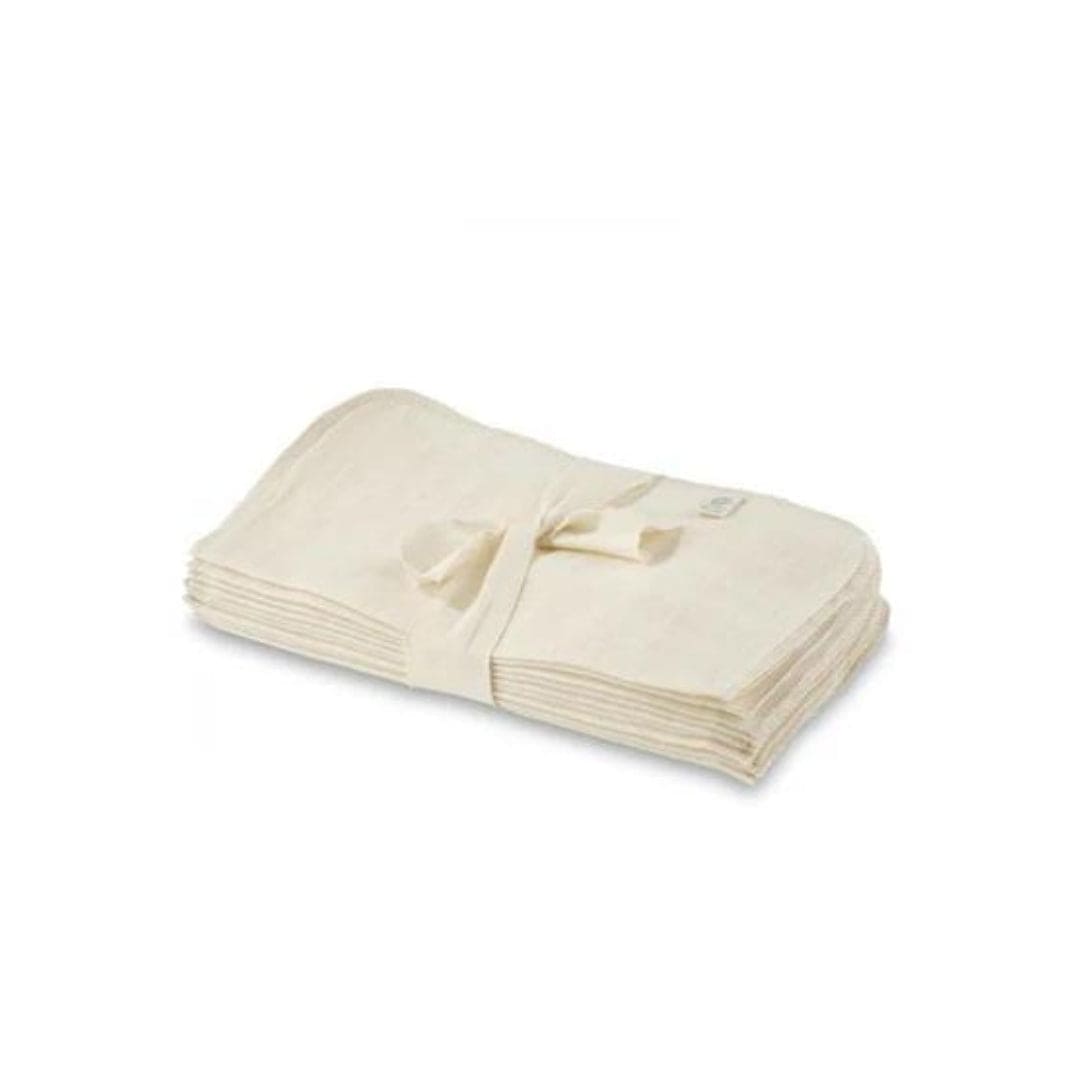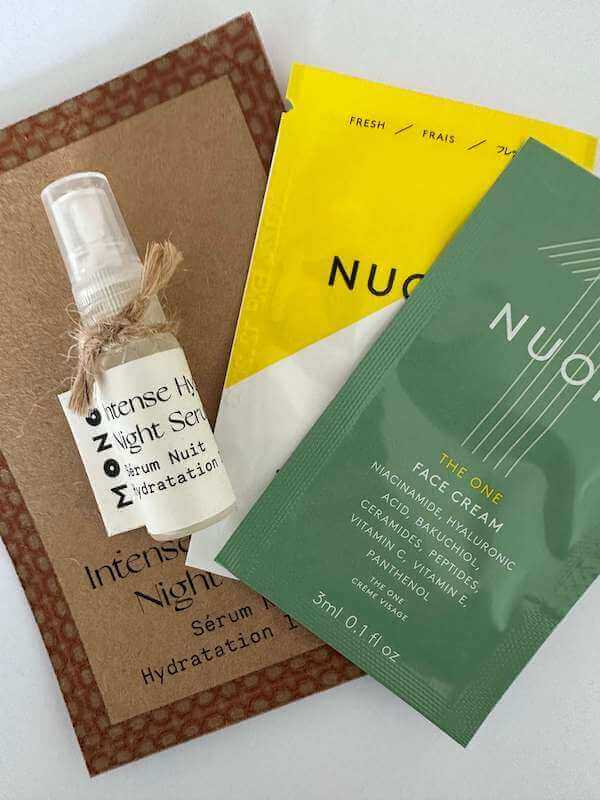Furtuna Skin Australia: Italian Wild-Crafted Luxury Skincare
Discover Furtuna Skin, an award-winning Italian luxury skincare brand powered by wild-crafted botanicals, advanced science and uncompromising purity.
Rooted in the untouched hills of Sicily, Furtuna Skin harnesses hand-harvested wild plants grown on its organic estate and combines them with cutting-edge clinical science. The result is high-performance skincare rich in antioxidants, phytonutrients and bioactive compounds — delivering visible, long-term skin results naturally.
Loved by beauty editors, facialists and skincare experts worldwide, Furtuna Skin is designed for those seeking luxury skincare with proven efficacy and clean integrity
Hero Furtuna Skin Products
Acqua Serena Micellar Essence
A dual-purpose cleanser and essence that gently removes impurities while hydrating and calming the skin — without stripping or disrupting the skin barrier.
Porte Per La Vitalità Face & Eye Serum
A potent, multi-benefit face and eye serum that targets brightness, smoothness and antioxidant protection for visibly healthier skin.
Due Alberi Biphase Moisturising Oil
Furtuna Skin’s cult hero. A deeply nourishing, glow-boosting facial oil that restores balance, strengthens the skin barrier and supports long-term skin health.
Rinascita Delle Olive Face & Body Balm
A beautifully restorative face and body balm ideal for dryness, sensitivity, compromised skin and post-treatment recovery.




